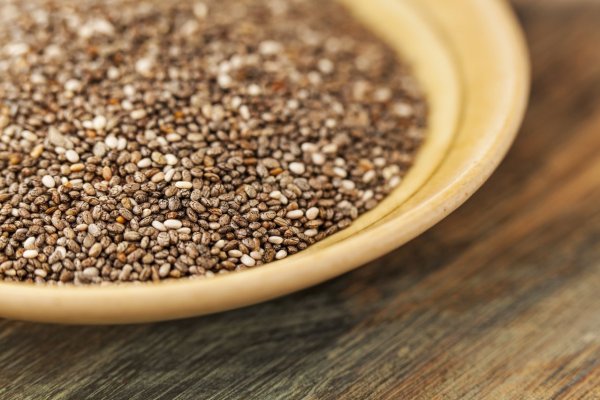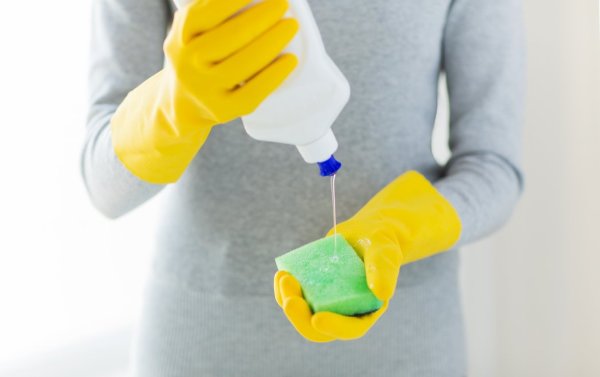Most of the fish oil you eat is actually wasted? New research: New DHA is effective
 [The highlight of this article] Scientists from the University of Illinois at Chicago have developed a new type of DHA that can penetrate the blood-network barrier and blood-brain barrier. This new compound, lysophosphatidyl pyrosine DHA (LPC-DHA), has been shown in animal experiments to stabilize in the vitiligo membrane and improve visual function, providing a potentially new prevention method for brain diseases like yellow spot degeneration and other visually related brain diseases. In addition to helping reduce medical care costs, this discovery can also improve the quality of life of patients. --by ChatGPT
[The highlight of this article] Scientists from the University of Illinois at Chicago have developed a new type of DHA that can penetrate the blood-network barrier and blood-brain barrier. This new compound, lysophosphatidyl pyrosine DHA (LPC-DHA), has been shown in animal experiments to stabilize in the vitiligo membrane and improve visual function, providing a potentially new prevention method for brain diseases like yellow spot degeneration and other visually related brain diseases. In addition to helping reduce medical care costs, this discovery can also improve the quality of life of patients. --by ChatGPTDHA is an important omega-3 fatty acid in the human body. For many organs of the human body, DHA is needed as raw material to make the body healthier. The most important of these is the eye's network membrane and brain. Both parts require a large amount of DHA to operate. However, only a small part of DHA currently consumed can enter the brain and eyes' video membrane, and most of the DHA is treated as a general oil for reproduction. It can also be said that most of the DHAs have been wasted. To this end, scientists at the University of Illinois at Chicago have developed a new type of DHA that can penetrate the blood-video membrane barrier and demonstrate its effectiveness in animal experiments for protecting vision.
?The video membrane is the back of the eye and contains many photosensitive cells that can convert light into signals sent to the brain. In healthy eyes, DHA is concentrated in the web membrane to help maintain the normal operation of photoreceptor cells. However, many eye-related diseases, such as senile yellow spot degeneration, diabetic vitiligo disease, vitiligo pigmentation, etc., can lead to a decrease in DHA levels in the vitiligo membrane, which in turn affects vision.
In addition, some studies have found that DHA concentration in the brain of Alzheimer's patients has decreased, so we recommend why Alzheimer's patients are often accompanied by vision problems, because these areas lack DHA.
Why can't DHA enter the vegetative membrane and brain?Although taking DHA through diet or supplements can effectively improve the DHA concentration in other parts of the body, research has also found that it is not easy to allow DHA to enter the video membrane and brain, because there is a blood-visual membrane barrier called the blood-visual membrane barrier in the brain, which will prevent DHA molecules from entering, so most of the DHA we eat cannot enter the video membrane and brain.
To understand this problem, a group of scientists from the University of Illinois at Chicago developed a new type of DHA that penetrates the blood-video membrane barrier and demonstrates its effectiveness in vivo protection in animal experiments.
This novel DHA is called lysophosphatidylcholine DHA (LPC-DHA), and compounds of this type of DHA can pass the blood-video membrane barrier and the blood-brain barrier while improving their stability in the video membrane. "This study uses a new approach to dieting LPC-DHA, which overcomes the blood-video membrane barrier and improves the function of the web," said the first study author Sugasini Dhavamani, Research Assistant Professor at the University of Illinois at Chicago. "What are the possible applications in the future?
According to the statistics of the WHO, the world's health organization, the cost of blindness worldwide is more than US$400 billion (about NT$12 trillion). If the risk of blindness can be reduced, it may reduce these costs. Since brain diseases such as Alzheimer's disease and diabetes are closely related to eye diseases, researchers hope that LPC-DHA discovery can be used as a new way to prevent these diseases. In addition to reducing the relevant costs, it can also give patients a better quality of life.














